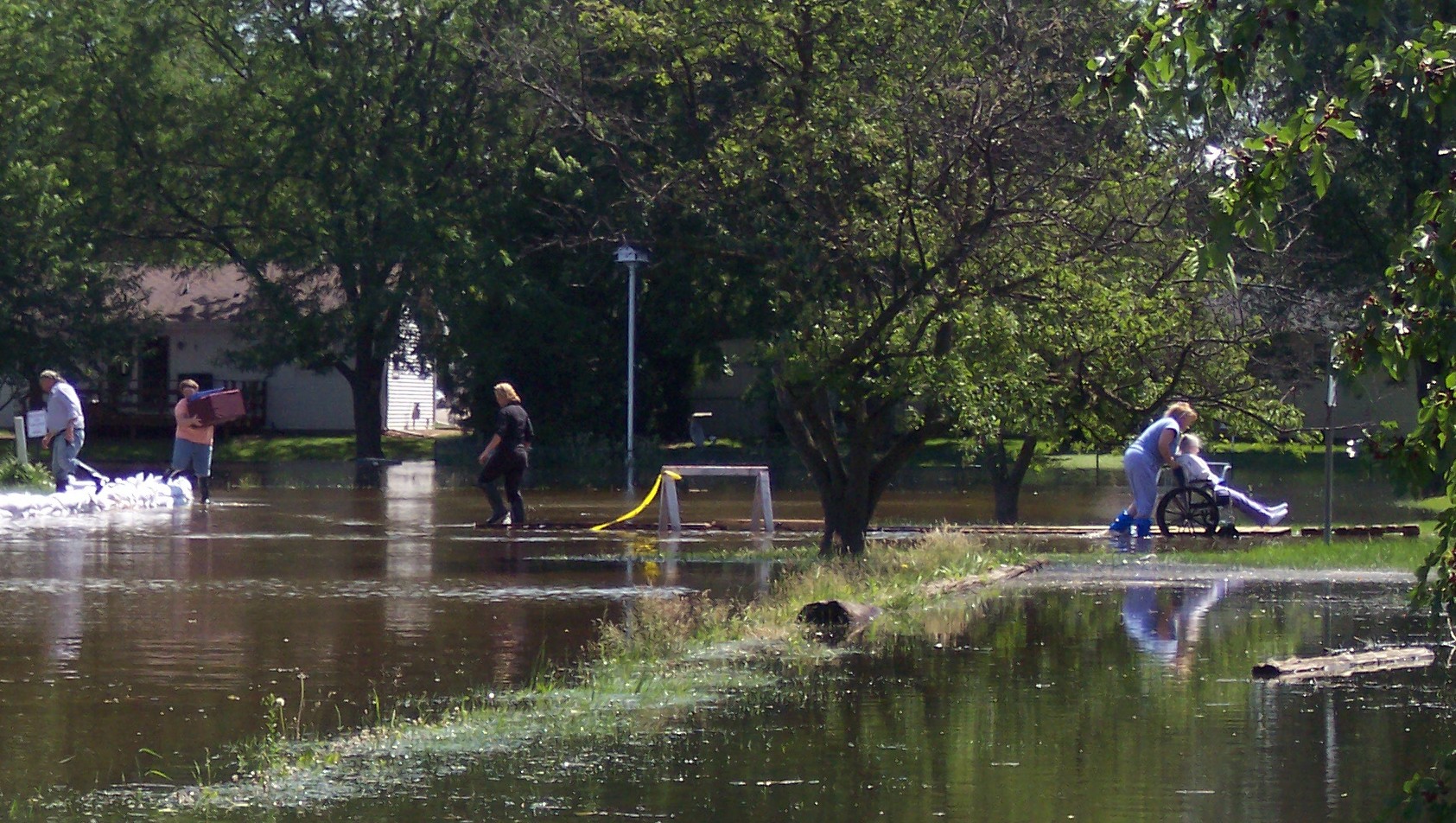When I first started this blog, almost a year ago, I wanted to add my voice to a community of writers and hope that one day there will be this magical exchange of ideas where we all sit down and treat each other like adults. Almost every post that I write I try to take the attitude that even though this is my perspective on what has (or hasn’t) worked for me, maybe this same thing works for someone else. Most writers will tell you that in order to be truly successful in the field you have to be in the right place at the right time and be open to criticism. I feel I’ve achieved moderate success based on milestones that I’ve set out for myself: this year I’ll have two publishing credits for novellas. But–and this is a big “but”–I’ve never published a novel before, never dealt with an agent before. Maybe someday I will; maybe I won’t. Since I haven’t been there and it’s not on my radar, I haven’t posted about it yet because I’m doing the research to provide relevant and useful information from whaddaya know–actual agents.
For the most part, I’ve had really great responses because I’ve learned to put the caveat on what I say: I am asking this question because… or I am asking for your opinion. You’d be amazed by how quickly attitudes and egos get out of whack when you either post directly about anything or postulate a vague-ish question to generate some interest or camaraderie.
Read More…

 My usual beat is Whitewater, Wisconsin. It was spared major flooding, so my editors asked me to cover some flood-related stories, which affected the cities of Jefferson and Fort Atkinson most drastically.
My usual beat is Whitewater, Wisconsin. It was spared major flooding, so my editors asked me to cover some flood-related stories, which affected the cities of Jefferson and Fort Atkinson most drastically.